On March 26 2024, KNATCOM, in collaboration with UNESCO, hosted a Stakeholders' Consultation Forum in Nairobi to discuss Kenya's Readiness Assessment (RAM) on AI. This underpins Kenya's global commitment, alongside all 193 Member States of UNESCO, to fostering principles and values that uphold human rights and deliver fair, sustainable, and inclusive outcomes in the development and utilization of AI technologies. This commitment follows the adoption in 2021 of the Recommendation on the Ethics of AI.
About thirty participants from government, academia, civil society organizations, private sector, and development partners discussed preliminary findings of a RAM Report in Kenya. This report was developed by Dr. Diana Nyakundi, Lead National Expert for Research ICT Africa (RIA). The report was part of the work commissioned by UNESCO to RIA targeting nine countries under the "Supporting Africa and SIDS to Benefit from AI Technologies while Addressing Ethical Risks" project, funded by Japan.
Dr. Nyakundi presented the UNESCO RAM survey and questionnaire, highlighting its five main dimensions: Legal and Regulatory, Social and Cultural, Economic, Scientific, Educational, and Technological and Infrastructural. She mentioned sub-categories within each dimension used to gather qualitative and quantitative indicators for a cohesive RAM. Key findings from her national diagnosis included the increasing adoption of AI-powered solutions by the private sector in Kenya, the absence of a standalone AI strategy, and ongoing efforts with initiatives such as the draft ICT Policy Strategic Plan (2023-2027) and the Kenya Robotics and AI Bill. She noted the Ministry of ICT and the Office of Data Protection Commissioner as key institutions but highlighted their focus on ICT and reported a fragmented approach to AI development and deployment. Despite progress in the legal dimension, implementation gaps were identified, particularly in the economic and technological/infrastructural dimensions.
Valuable insights from interactive discussions with participants were recorded on the main dimensions of the report, including:
Legal/Regulatory: Participants stressed the importance of adopting a standardized approach aligned with global trends. Caution was advised against excessive regulation in the rapidly evolving AI landscape. Mitigating associated risks requires the creation of new policy frameworks and updates to existing ones, with effective implementation identified as a primary challenge.
Social and Cultural: Recognizing inclusivity, diversity, and community engagement as essential, participants highlighted the need to mitigate biases, reduce inequalities, and address discrimination in AI development. Genuine public participation from diverse socio-cultural groups, including addressing gender dimensions and cultural specificity, is crucial, particularly in the context of global dominance by Big Tech.
Economic: AI was acknowledged as a significant driver of economic development, fostering innovation, growth, and employment opportunities. There is a focus on upskilling and re-skilling to ensure a workforce capable of harnessing the benefits of AI-driven opportunities.
Scientific and Educational: Participants emphasized the need to strengthen scientific and educational capabilities to support proactive national research and innovation hubs. These efforts should be driven by national needs and priorities, guided by a new mindset and vision of development.
Technological and Infrastructural: Participants played a crucial role in the emergence of nationally led development infrastructure. They highlighted the importance of a robust national private sector driving innovation, as well as digital connectivity, cybersecurity, and data centers supporting secure and effective AI deployment. There was a widespread expression of the need for a transformative shift from a consumer mindset to that of producers of home-grown groundbreaking technology.
Participants pledged to enhance the RAM to produce a report that accurately reflects the country's status, needs, and aspirations. This report will include relevant recommendations to guide policy and strategic interventions, ensuring Kenya's advancement towards development driven by ethical AI.








 User Center
User Center My Training Class
My Training Class Feedback
Feedback












Comments
Something to say?
Login or Sign up for free